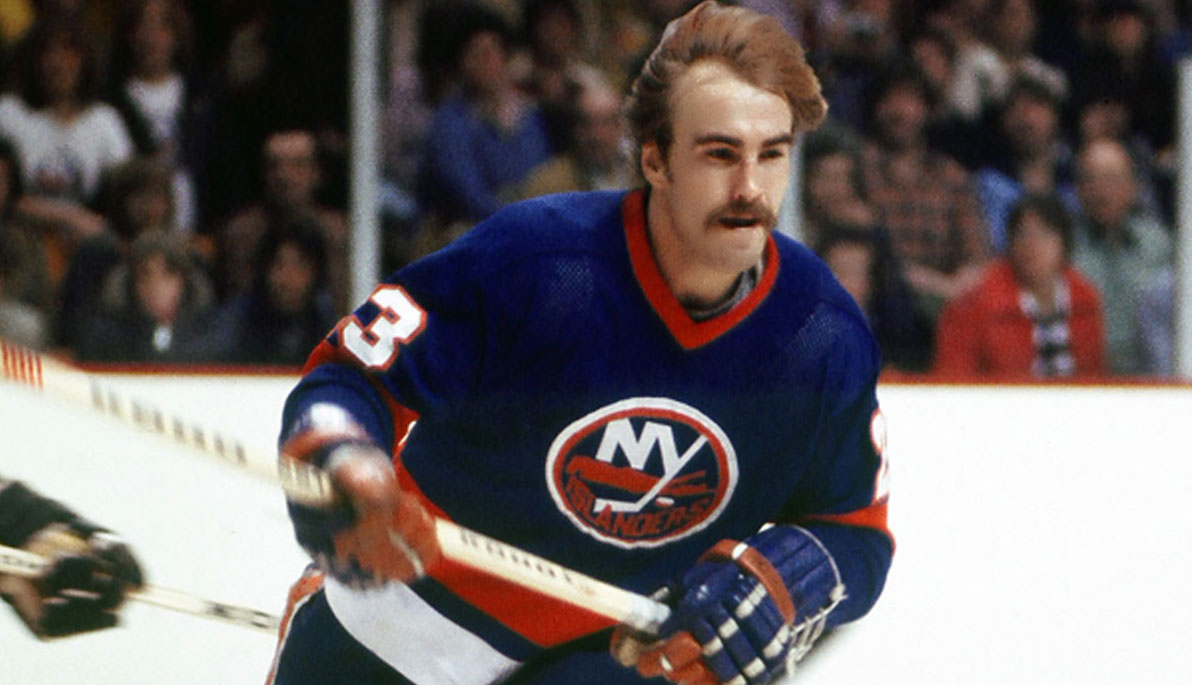News
Hockey Champ Talks Concussions
December 17, 2015
Mid-ice collisions in practices. Cross checks into the boards. Fist fights and sticks to the head.
Former Islanders right winger Bob Nystrom had them all—and they came at a price: he surmises having suffered between seven and 10 concussions during his 14-year hockey career.
"I'm a little worried about what's going to happen in the future," says Nystrom, who was one of the last hockey players to play professionally without a helmet. "There were times when I couldn't even see the puck, my eyes were flashing so much. They gave me smelling salts and I went back out on the ice."
Known as "Mr. Islander," Nystrom scored what is considered the most famous goal in Islander history to win the 1980 Stanley Cup. He was a special guest at the NYIT Center for Sports Medicine open house on Dec. 17.
Nystrom is speaking publicly about concussions and lending his support to the center, which offers a range of concussion services and therapies along with general sports medicine and wellness programs for athletes of all levels.
"I think it's a great cause," Nystrom says of the center's outreach and treatment programs, particularly its emphasis on concussion services. "It's impossible to protect ourselves from everything, but at least we can educate people and give them an opportunity to prevent injuries or get treatment."
The center offers neurological exams, sensory organization tests, measurements of cognitive abilities for those who have a concussion, occupational therapy, and osteopathic manipulative medicine treatments to cope with symptoms. NYIT's medical doctors and therapists provide guidance on how to improve training approaches, help patients to start aerobic or muscle-strengthening programs, and test balance, bone density, and body composition.
Nystrom says it's important for young athletes to get concussion baseline testing, which allows doctors to know their cognitive and neurologic conditions before an injury.
"Doctors tested our limbs and muscles regularly in the past, but there was nothing done with the brain," he says. "Without a doubt, concussion baseline testing should be the first thing parents do when they put their youngsters into sports."
Nystrom also says young athletes "need to be taught they can't go at it with reckless abandon," even if they do wear helmets. "And people have to understand the symptoms. Just because a kid can talk doesn't mean he has no brain trauma."
Nystrom says his short term memory "isn't what it used to be" but feels otherwise fine. He encourages people of all ages to take up a sport or wellness hobby.
"Hockey taught me more about life than anything," Nystrom says. "I played on a team with a group of guys and learned to develop teamwork, leadership, and a strong work ethic. Sports are learning grounds for everyone. We should get more and more people involved in some sort of athletic activity."




